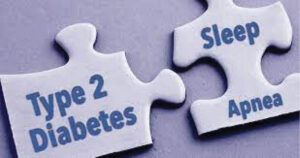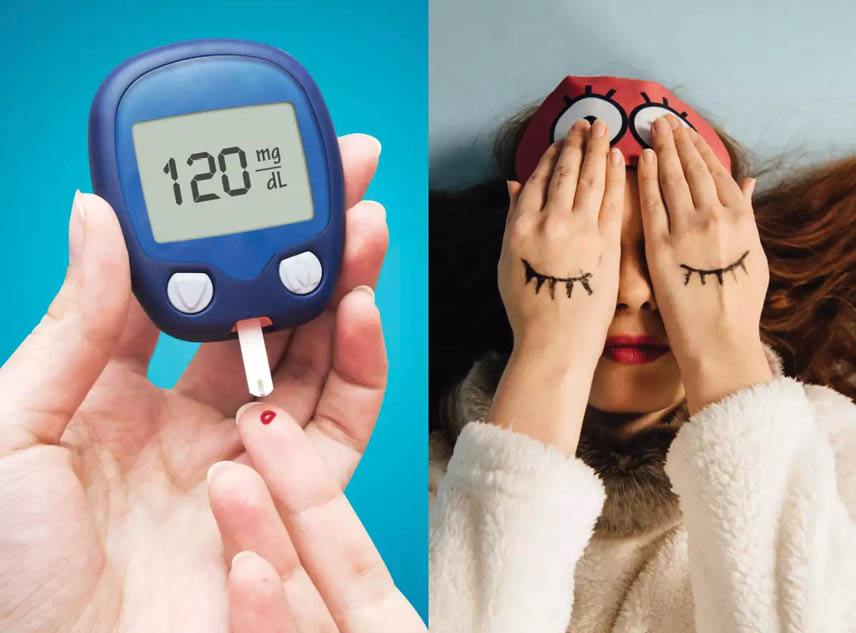Parsi Times presents the third part of our exclusive wellness series on Diabetes Reversal, with Dr. Trishala Chopra – an alternative medicine specialist commanding 8 years of resounding success in managing Diabetes, PCOD/PCOS, Obesity, Metabolic Disorders, Gut-health and Sleep-disorders. A much sought-after Health and Lifestyle Coach, Dr. Trishala empowers your body’s potential to heal itself through a balanced ‘Gut-Mind-Body’ approach and helps you achieve your health goals, making self-care a fun and fulfilling experience. To connect with Dr. Trishala, Call/Message: (+91) 9930831317
.
Diabetes affects more than 537 million people all over the globe and it is the seventh leading cause of death. The most common form of diabetes, ‘Type 2 Diabetes’, develops due to Insulin-resistance. Insulin is a hormone that helps transfer glucose from the blood to the cells where it can be used for energy. Insulin resistance occurs when insulin fails or finds it difficult to transfer glucose into these cells, which results in the build-up of glucose in the blood. This is seen as elevated blood sugar levels. People consider diabetes as a problem of high blood sugar levels, but at the root, it is the problem of insulin.
Did you know that poor sleep directly increases the risk of Type 2 diabetes? In fact, many people with Type 2 Diabetes face sleep issues. Once you are diagnosed with diabetes, poor sleep makes it difficult for you to manage or reverse the same.
First, Let’s Understand How Diabetes Impacts Your Sleep…
One in two people with Type 2 Diabetes suffer from sleep problems due to uncontrolled sugar levels. Fluctuation in sugar levels could lead to insomnia and low energy levels the following day. When sugar levels are high, your kidneys are overworking.
Kidneys overcompensate by causing you to urinate more. At night, these frequent trips to the washroom cause sleep disruption. Elevated blood sugar levels can also cause headaches, polydipsia i.e increased thirst and extreme tiredness that can cause difficulty falling asleep.
Certain diabetic medications also increase the risk of low blood sugar levels at night. Following the low blood sugar levels, people report nightmares or bouts of excessive sweating which disrupts their sleep. Please talk to your doctor or healthcare provider if you are facing any of the above symptoms. Sleep is extremely essential for growth and repair.
And Now, How Does Poor Sleep Affect Blood Sugar Levels?
Diabetes can affect your sleep. Similarly, poor sleep also plays an important role when it comes to managing diabetes. Poor sleep quality has been linked to higher blood sugar levels in people with diabetes or someone who has a prediabetes tendency. Research shows that sleep restriction affects blood sugar levels due to its effect on hormones – insulin and cortisol.
Research shows that a fourth of people with diabetes report sleeping less than 5 hours a day, which puts them at a higher risk of getting diagnosed with diabetes. Poor sleep is responsible for worsening Insulin resistance, which in turn makes it difficult for you to reverse your diabetes
Poor sleep also raises levels of ghrelin (the hormone which makes you feel hungry) and decreases levels of leptin (the hormone that makes you feel full). Low energy levels caused by poor sleep are more likely drawn to eating more food to get their energy which puts them at a risk of obesity which is one of the risk factors for diabetes. In addition to its effect on blood sugar levels, poor sleep can take a complete toll on your mental health. Poor sleep, in combination with diabetes, has been reported in cognitive decline in people.
Two Common Disorders Caused By Type 2 Diabetes:
(I) RLS (Restless Leg Syndrome): 1 in 5 people with Type 2 diabetes have RLS, which is marked by tingling or other sensations in the legs that disrupt sleep. People with elevated blood sugar levels are also at risk of Peripheral Neuropathy, caused by nerve damage. Neuropathy symptoms are very similar to RLS symptoms, which include numbness, tingling and pain in the lower extremities. If you experience these symptoms, do consult your healthcare provider to discuss ways to reduce these lifelong complications.
(II) Obstructive Sleep Apnea (OSA): is a disorder in which you (unconsciously in your sleep) stop breathing for a moment, at recurring intervals, through the night. In most cases, a person is not aware that this is happening, but those sharing the bed or the room will observe snoring and gasping. These lapses interfere with the natural sleep progression which impairs sleep quality. OSA is typically seen in people who are obese as they often have thick neck circumferences which interfere with the airway. OSA is also found in people with a typical jawline and normal weight. Please get in touch with your healthcare provider in case you snore or wake up multiple times during the night, to rule out OSA, which might negatively affect or stall your diabetes reversal process.
Careful management of blood sugar levels can help improve sleep for people with Type 2 diabetes. As a sleep coach, I am sharing a few tips which can help you cope with sleep issues to a greater extent:
- Keep a regular sleep schedule. Keep a fixed sleep time and wake-up time.
- Focus on getting your blood sugar levels in control and discuss with your health-care provider regarding your medicines, if any of the same is causing sleep disruption.
- Focus on getting into a regular schedule with physical activities
- Avoid consuming stimulants like caffeine and nicotine 5 hours before bedtime
- Keep your bedroom cool, dark and quiet. Keep all the gadgets away or in a different room
- Take counselling sessions or talk to your therapist if needed
Based on your individual needs, your doctor or health-care provider can recommend sleep aids or additional ways to get better sleep.
- Mango Marvels: Conquer The Heat, Embrace The Sweet! - 27 April2024
- Power Of Colostrum: Tackle Inflammation, Nourish Your Gut! - 23 March2024
- Unlocking The Secret To Strong Bones: A Blueprint For Lifelong Bone Health - 16 March2024
